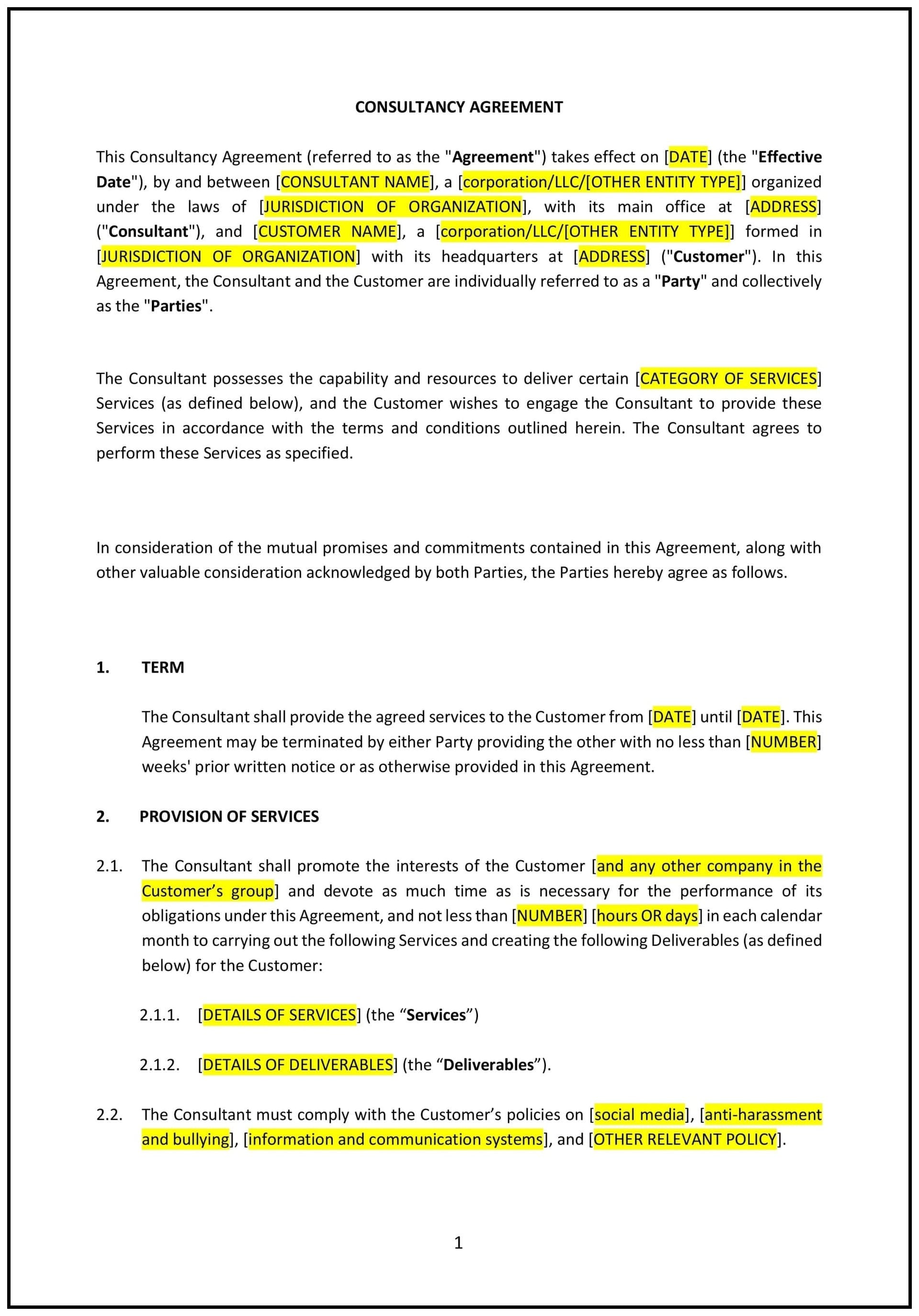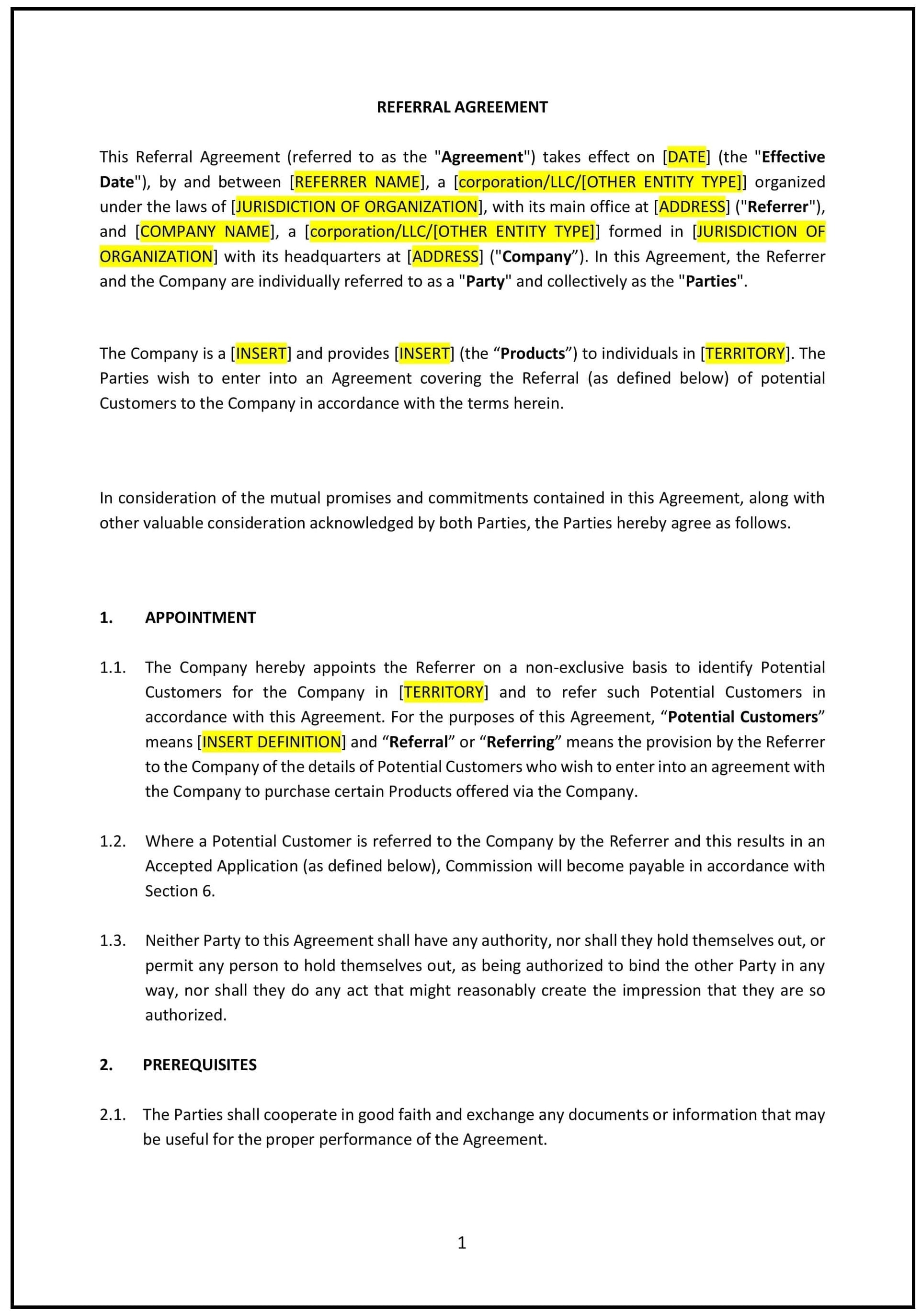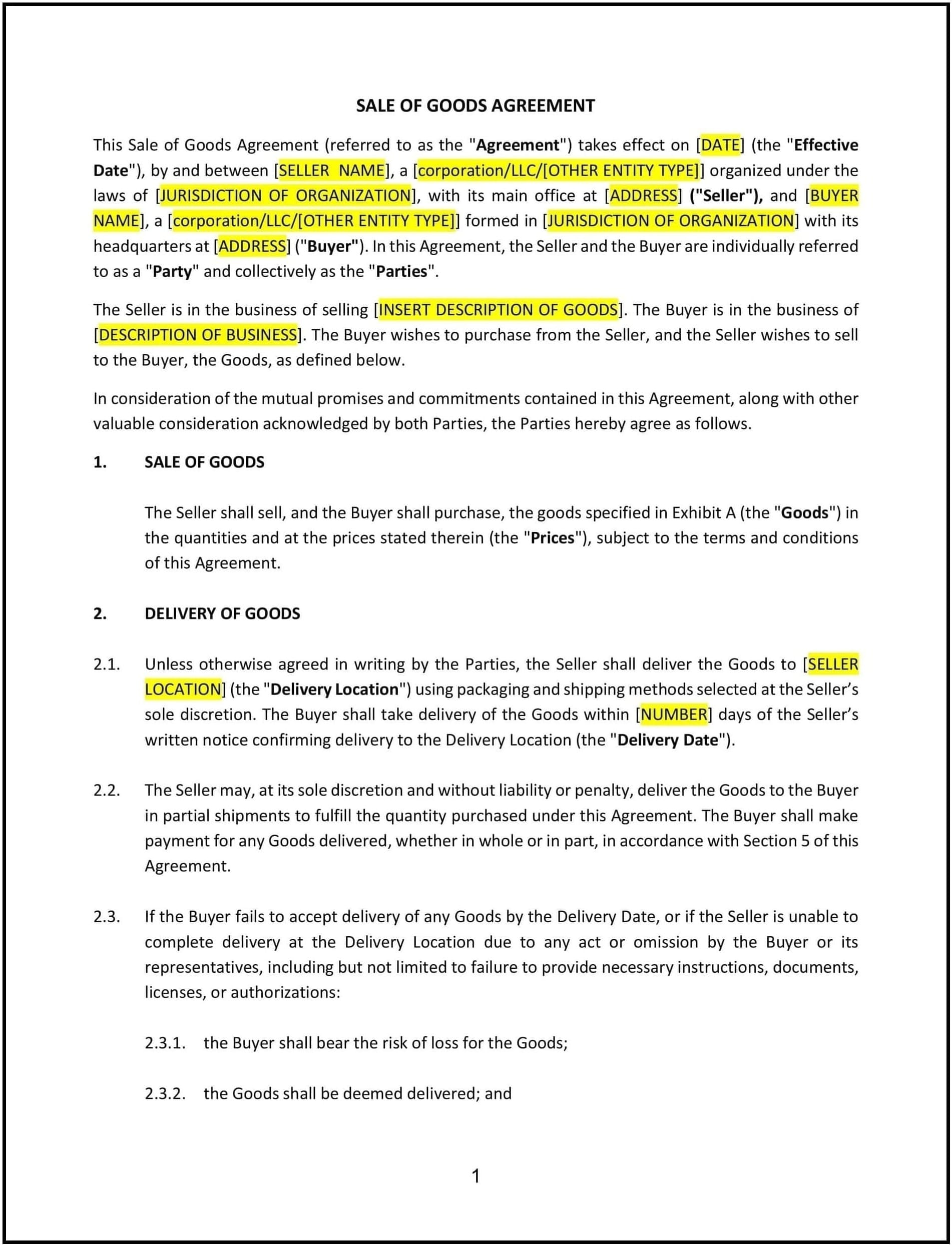White Label Agreement (Illinois): Free template
White Label Agreement (Illinois)
A White Label Agreement is a legally binding contract between a business (the "Provider") and a client (the "Reseller") that allows the Reseller to rebrand and sell the Provider’s products or services under the Reseller’s own brand. In Illinois, White Label Agreements are commonly used in industries such as software development, e-commerce, digital marketing, healthcare, and manufacturing. Illinois’s adherence to the Uniform Commercial Code (UCC) and its consumer protection laws, including the Illinois Consumer Fraud and Deceptive Business Practices Act, provide a solid foundation for drafting and enforcing such agreements.
For example, a Chicago-based SaaS provider might use a White Label Agreement to allow a Springfield-based reseller to market its platform as their own. A well-drafted White Label Agreement ensures clarity on branding rights, service delivery, payment terms, and alignment with Illinois’s legal framework.
Tips for drafting and maintaining a White Label Agreement in Illinois
- Define the relationship: Clearly specify that the Reseller is authorized to rebrand and resell the Provider’s products or services under their own name. Ensure the agreement distinguishes the roles of both parties to avoid confusion.
- Example: “The Provider grants the Reseller a non-exclusive license to rebrand and resell the Provider’s products or services under the Reseller’s own brand.”
- Outline branding guidelines: Specify how the Reseller may use the Provider’s intellectual property, such as logos, trademarks, or product designs, while ensuring compliance with Illinois’s intellectual property laws.
- Example: “The Reseller may modify and rebrand the Provider’s products or services in accordance with the guidelines provided, but must not alter any proprietary marks without prior written consent.”
- Establish payment terms: Detail how the Reseller will compensate the Provider, whether through a flat fee, revenue-sharing model, or other arrangements. Include payment schedules, reporting procedures, and conditions for invoicing.
- Example: “The Reseller agrees to pay the Provider a monthly licensing fee of $500, due within 15 days of the end of each month.”
- Clarify service delivery and support: Define the Provider’s responsibilities for delivering the product or service, including any technical support or updates. Specify whether the Reseller is responsible for customer support.
- Example: “The Provider will ensure the product is delivered in a fully functional state and will provide updates as necessary. The Reseller is responsible for all customer support unless otherwise agreed.”
- Set performance expectations: Include minimum sales or usage requirements to ensure the Reseller actively markets the product or service. Performance metrics should be realistic and clearly defined to prevent disputes.
- Example: “The Reseller agrees to generate at least $5,000 in sales per quarter or risk termination of this agreement.”
- Include termination provisions: Define the circumstances under which the agreement can be terminated, such as breach of terms, failure to meet performance metrics, or mutual consent. Include steps for winding down the partnership, such as ceasing the use of branded materials.
- Example: “Either party may terminate this agreement with 30 days’ written notice if the other party fails to comply with the terms outlined herein.”
- Align with Illinois-specific laws: Ensure the agreement adheres to Illinois’s contract laws, including the Illinois Uniform Commercial Code (UCC) for transactions involving goods. Additionally, address compliance with consumer protection statutes, such as the Illinois Consumer Fraud and Deceptive Business Practices Act, and data privacy regulations.
- Example: “This agreement shall be governed by and construed in accordance with the laws of the State of Illinois. Both parties agree to comply with all applicable state and federal laws, including consumer protection and data privacy regulations.”
Frequently asked questions (FAQs)
Q: Is a White Label Agreement enforceable in Illinois?
A: Yes, as long as the agreement is clear, reasonable, and complies with Illinois contract laws, it is legally enforceable. Including specific terms and signatures from both parties strengthens its validity.
Q: What key elements should a White Label Agreement include in Illinois?
A: It should include the scope of the relationship, branding guidelines, payment terms, service delivery and support, performance expectations, termination clauses, alignment with Illinois laws, and dispute resolution mechanisms.
Q: Can a White Label Agreement be ended early in Illinois?
A: Yes, if the agreement includes a termination clause, either party can terminate the agreement with reasonable notice. The terms should specify the conditions and procedures for termination.
Q: What industries frequently use White Label Agreements in Illinois?
A: Industries such as software development, e-commerce, digital marketing, healthcare, manufacturing, and financial services frequently use White Label Agreements in Illinois. For instance, a Naperville-based tech company might partner with a reseller to offer its software solutions under the reseller’s brand.
Q: What are the risks of not clearly defining intellectual property rights in a White Label Agreement?
A: Failing to clearly define intellectual property rights can lead to disputes over ownership, unauthorized use of trademarks, or legal challenges. This could result in financial losses, reputational damage, or litigation.
This article contains general legal information and does not contain legal advice. Cobrief is not a law firm or a substitute for an attorney or law firm. The law is complex and changes often. For legal advice, please ask a lawyer.


